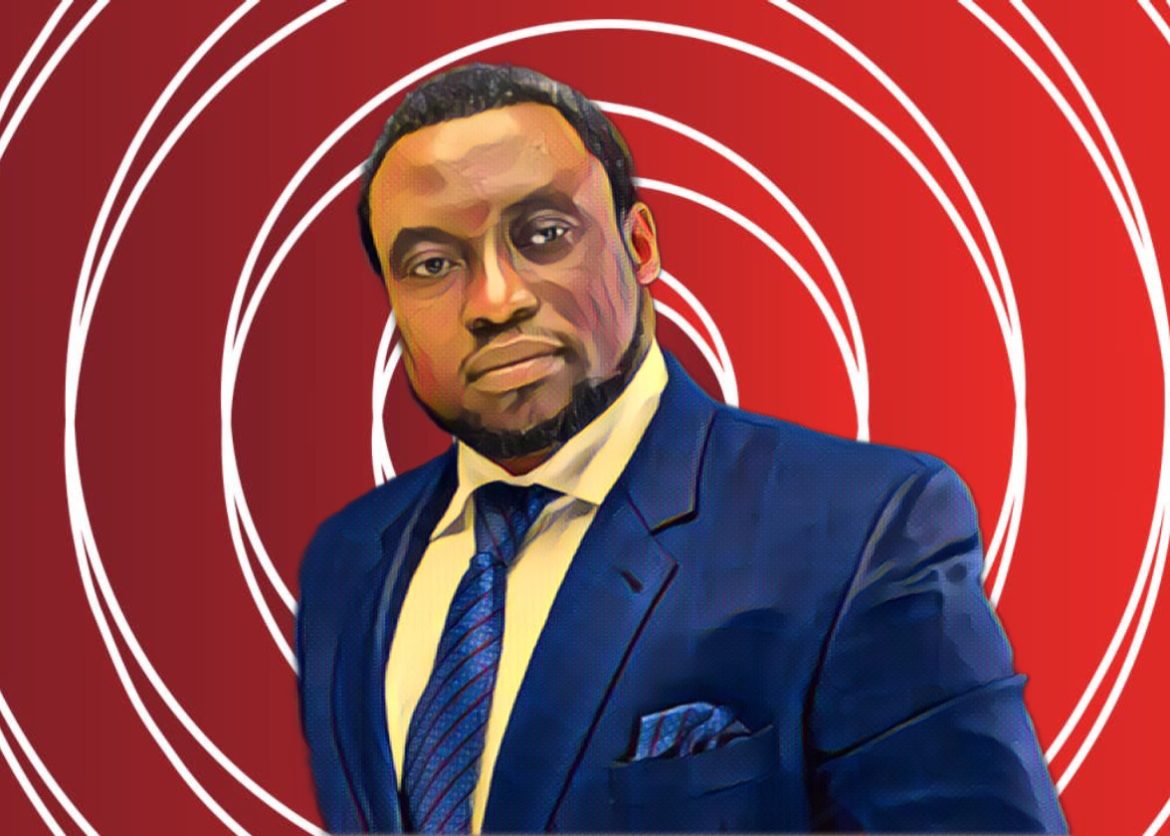In a recent interview with JoyNews, Dr. Sam Ankrah, an independent presidential aspirant, has raised serious concerns about the concentration of power within Ghana’s executive branch, attributing it as a significant factor contributing to the high levels of corruption in the country. Dr. Ankrah’s remarks come at a time when Ghana is grappling with economic challenges and corruption issues.
According to Dr. Ankrah, the excessive power vested in the executive branch has enabled individuals to accumulate wealth without the necessary hard work, leading to a decline in Ghana’s economic performance. He emphasized the need for a robust system of checks and balances and a clear separation of powers to enhance both democracy and the country’s economic conditions.
During his appearance on the AM Show on Monday, January 15, Dr. Ankrah lamented the missed opportunity of having a balanced representation of power between the National Democratic Congress (NDC) in the legislature and the New Patriotic Party (NPP) in the executive. He argued that such a distribution would have been beneficial for Ghana’s democracy and economy. Dr. Ankrah criticized the decision to consolidate power within the NPP, advocating for a separation of powers to ensure effective checks and balances.
Dr. Ankrah also highlighted the positive impact of a hung Parliament in Ghana’s history. He argued that the executive branch should not expect automatic approval of its budget proposals, emphasizing the need for critical evaluation and debate in Parliament.
Addressing the issue of policy implementation, Dr. Ankrah stressed the importance of involving local communities in the decision-making process. He suggested holding town hall meetings to explain how government policies would affect citizens’ lives, thereby fostering transparency and accountability.
Dr. Ankrah challenged the conventional notion that a sitting government must possess a majority in Parliament to be effective. Instead, he argued that what is essential is transformative leadership capable of bringing about substantial change and improving the country’s future.
His comments come amid various opinions and discussions around corruption in Ghana. High-profile figures like former President John Mahama and Prof. Yaw Gyampo have voiced their concerns about the corruption epidemic under the current administration. These discussions highlight the urgent need for reforms in Ghana’s political system to combat corruption and promote good governance.
Dr. Ankrah’s views suggest a fundamental shift in the political culture of Ghana, where power is not just a means to an end but a responsibility to be exercised with integrity and accountability. He calls for a political environment where different branches of government can effectively balance each other, thereby preventing the misuse of power and promoting democratic principles.
His emphasis on engaging local communities in policymaking is particularly noteworthy. This approach not only ensures that policies are grounded in the realities of the people they affect but also helps in building trust between the government and its citizens. Such community involvement can be a powerful tool in fighting corruption, as it increases transparency and makes it harder for corrupt practices to go unnoticed.
Dr. Ankrah’s critique of the excessive power in the executive branch resonates with many Ghanaians who have long expressed concerns over the concentration of power and its implications for democracy and economic stability. His call for change is not just a political statement but a reflection of the growing desire among Ghanaians for a more equitable and just political system.
The forthcoming elections will be a crucial test for Ghana’s democracy and its ability to address these systemic issues. Dr. Ankrah’s candidacy and his perspectives on executive power and corruption add a significant dimension to the political discourse, offering voters an alternative vision for Ghana’s future.
In conclusion, Dr. Ankrah’s critique of the concentration of power in Ghana’s executive branch and its link to corruption is a timely intervention in the national debate. It underscores the need for structural reforms in Ghana’s political system to ensure a fair distribution of power, effective checks and balances, and greater accountability in governance. As Ghana continues to navigate its socio-political landscape, the ideas and proposals put forth by leaders like Dr. Ankrah will play a crucial role in shaping the country’s path towards democracy, economic growth, and the eradication of corruption.




